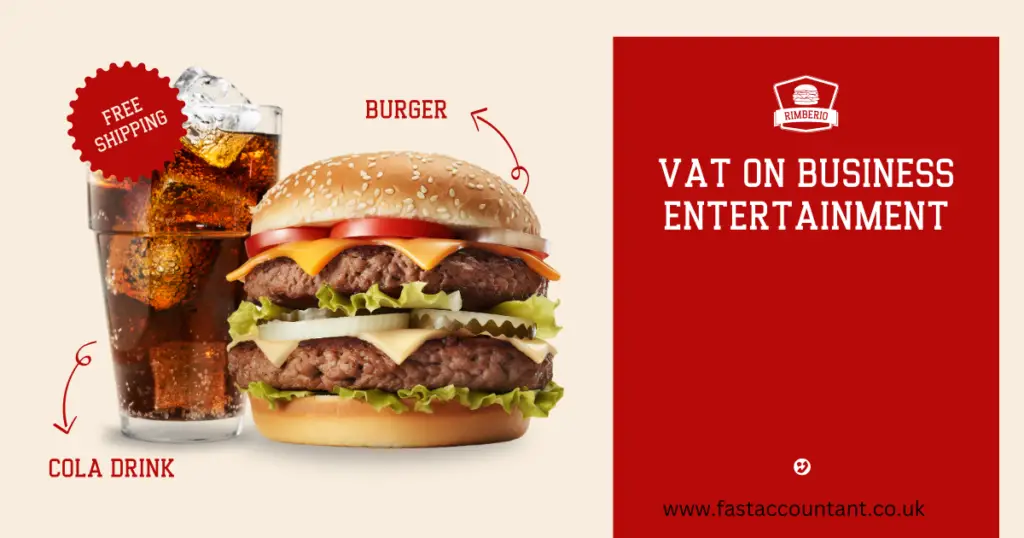
Have you ever wondered how to navigate the complexities of VAT when it comes to business entertainment? Understanding the nuances can be challenging, especially when trying to ensure compliance and optimize your business’s tax position. In this friendly guide, we’ll walk you through the essentials of accounting for VAT on business entertainment, breaking down various scenarios and exceptions you might encounter.
VAT and Business Entertainment
Before diving into the specifics, it’s crucial to understand what business entertainment entails in the context of VAT. Business entertainment generally refers to hospitality provided by a business to third parties — essentially anyone who isn’t an employee. This could include food, drink, or event tickets offered free of charge. While these gestures can forge strong relationships and foster goodwill, the VAT implications are different from other business expenses.
What Constitutes Business Entertainment?
Business entertainment involves activities or events where your business provides free hospitality to individuals who aren’t employees. This includes wining and dining prospective clients, offering tickets to sporting events, or hosting events. The primary aim is to enhance business relationships, but from a VAT perspective, these costs need careful consideration.
Input Tax Recovery: The General Rule
When it comes to business entertainment, the general rule is that input tax recovery on these expenses is blocked — meaning you cannot claim a VAT refund on these costs. The rationale behind this is to prevent businesses from taking advantage of the VAT system for personal or luxury entertainment that doesn’t directly relate to their business activities.
Exceptions to the Rule: Overseas Customers and Specific Conditions
While input tax recovery is generally blocked, exceptions notably exist. If your business entertainment involves overseas customers, you might be able to reclaim the VAT on business entertainment, provided specific conditions are met. These conditions often hinge on proving that the entertainment served a business purpose directly related to promoting products or services to your international clientele.
Employee Entertainment: Navigating the Maze
The landscape shifts when employee entertainment is involved. Unlike business entertainment for non-employees, VAT on employee-related hospitality can often be recovered. This includes spending on staff parties and team-building activities. However, there are intricate details and exceptions to bear in mind.
Specific Situations Impacting VAT on Business Entertainment
While recovering VAT on employee entertainment is generally permitted, situations involving directors or events where employees host non-employees can complicate matters. For instance, if a director benefits from an event also attended by non-employees, HMRC might reject the VAT recovery claim, necessitating careful apportionment of costs.
Special Circumstances: Sporting Events and Unforeseen Hospitality
In some instances, the rules around VAT recovery on entertainment become more nuanced. Certain activities, like those organized by recognized sporting bodies, can qualify for input tax recovery, creating opportunities for businesses sponsoring such events. Likewise, airlines offering hospitality to delayed passengers might reclaim VAT, highlighting that context and timing can impact tax treatment.
VAT on Disposal of Goods for Entertainment
When businesses dispose of goods initially intended for business entertainment, specific VAT treatments apply. These scenarios demand a clear understanding of how VAT should be accounted for, and businesses need to retain accurate records to justify their VAT positions.
Navigating Exceptions and Apportioning VAT
The realm of business and non-business entertainment can often blur, especially when multiple parties are involved. Knowing how to apportion VAT correctly ensures compliance and prevents unnecessary tax liabilities. Whether allocating costs between business activities or distinguishing between different entertainment purposes, accuracy is key.
Conclusion
Handling VAT on business entertainment requires diligence and an understanding of the rules laid out by HMRC. By recognizing when exceptions apply, effectively apportioning costs, and addressing any queries or feedback with HMRC, your business can manage VAT obligations proficiently. Remember, while VAT on business entertainment may seem complex, approaching it methodically can demystify the intricacies and help maintain compliance in a straightforward manner.
By remaining informed and proactive about VAT treatment in various scenarios, you ensure that your business not only adheres to regulations but also potentially benefits from opportunities to reclaim VAT where applicable. Whether entertaining overseas customers or organizing employee events, clarity in VAT accounting can pave the way for more strategic business decisions.
